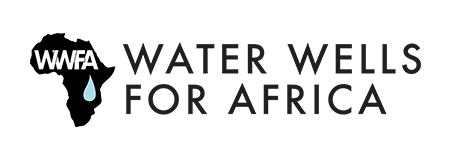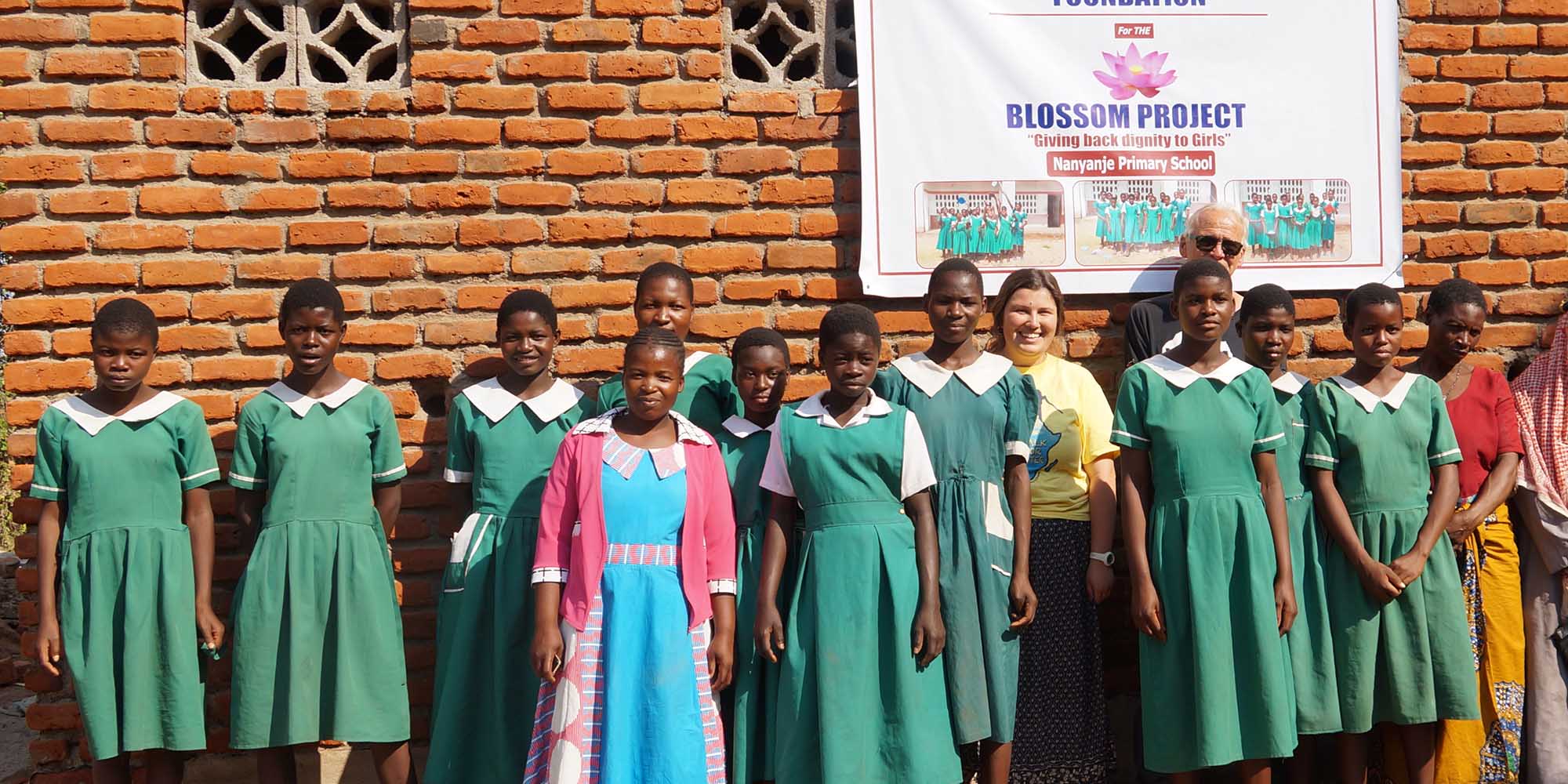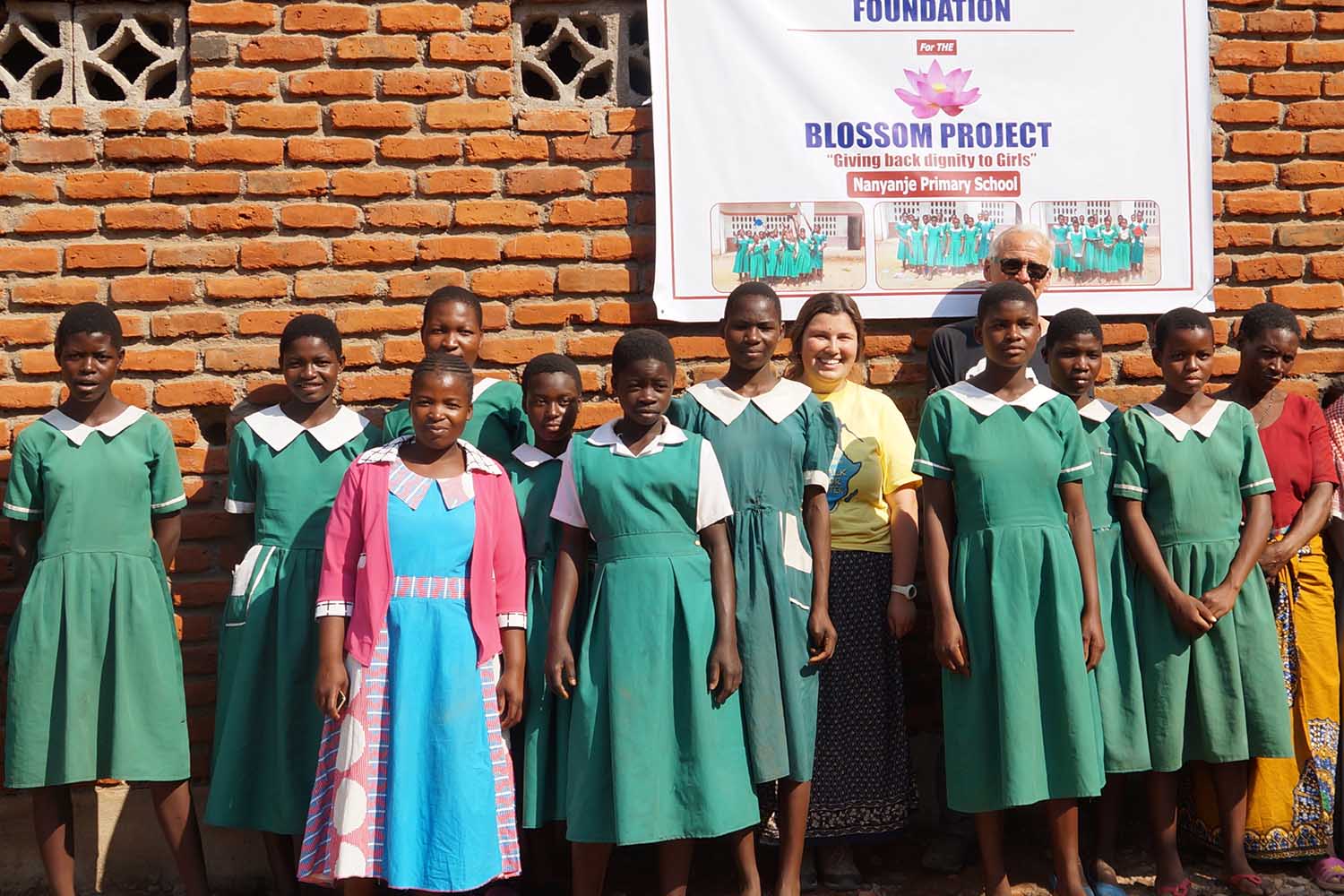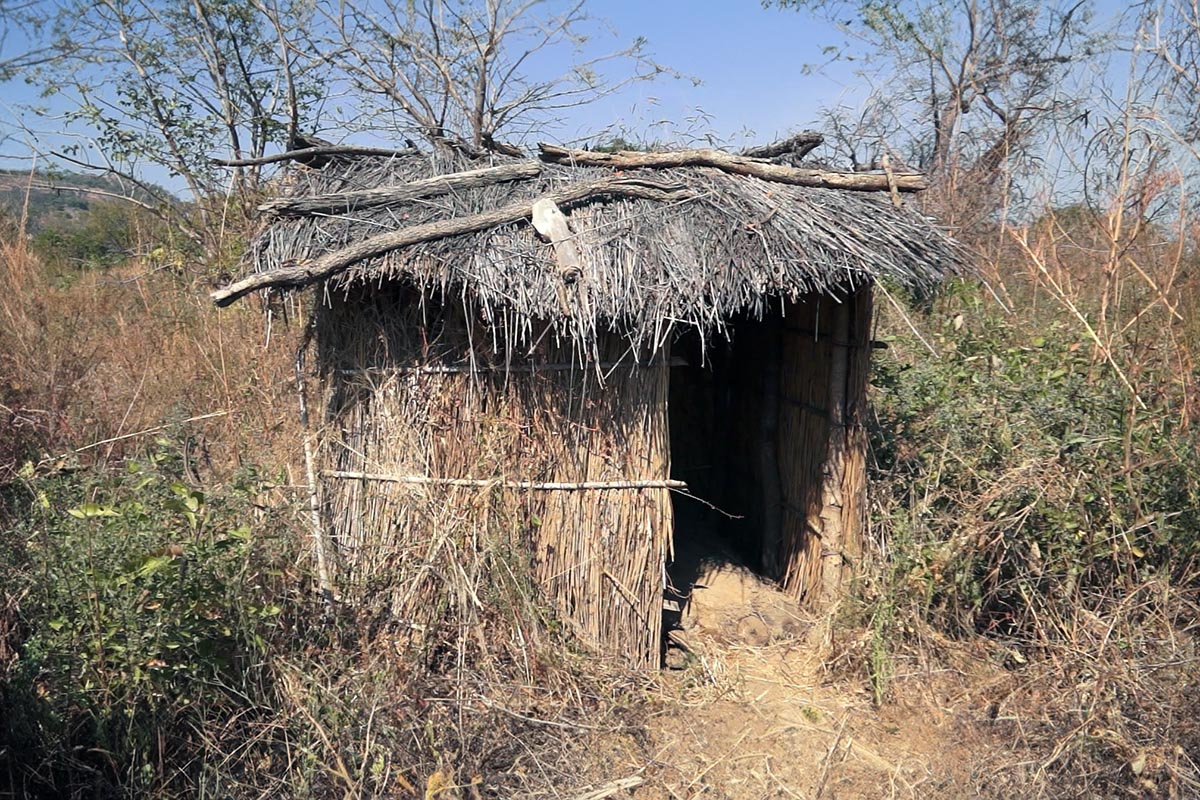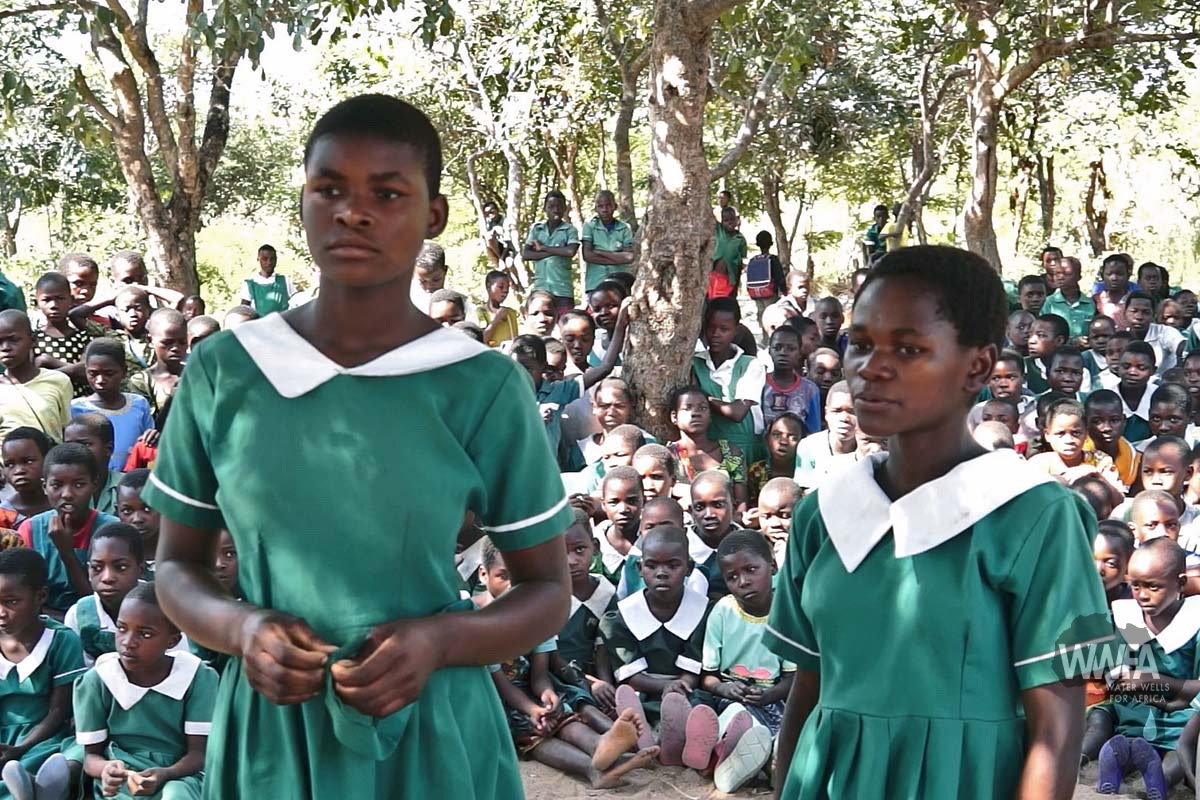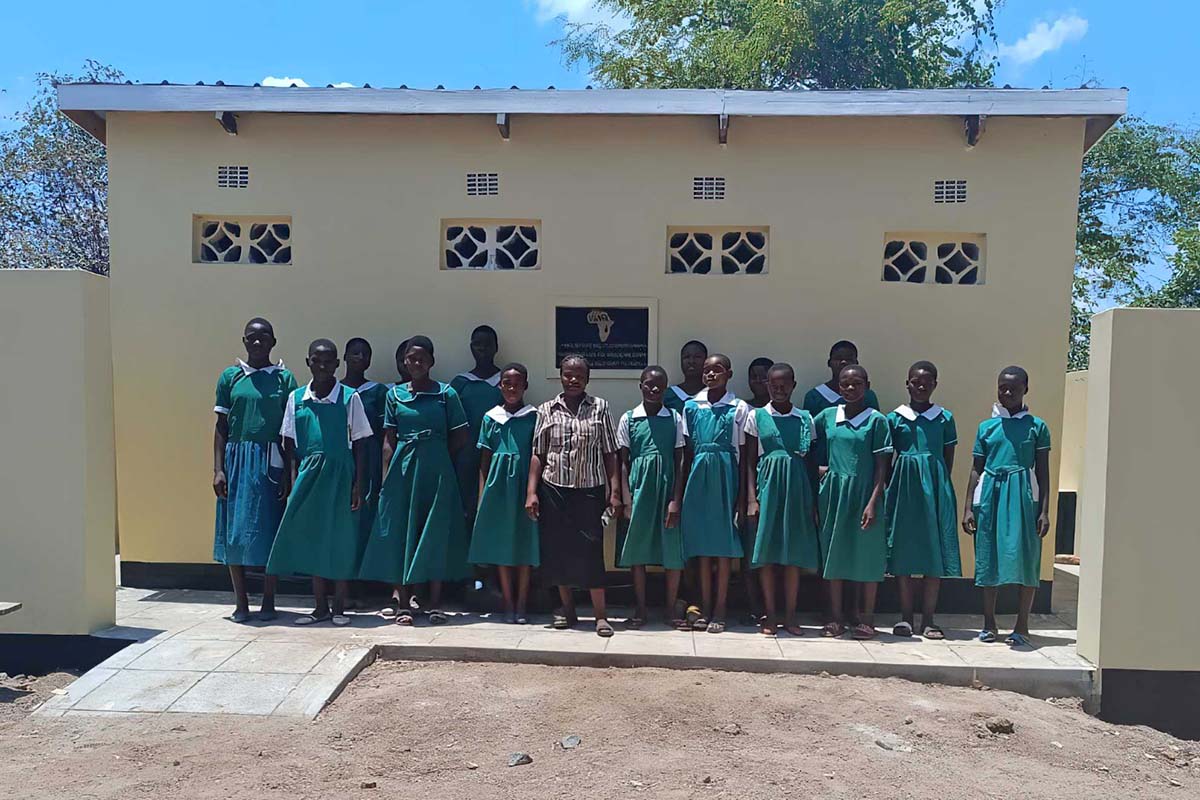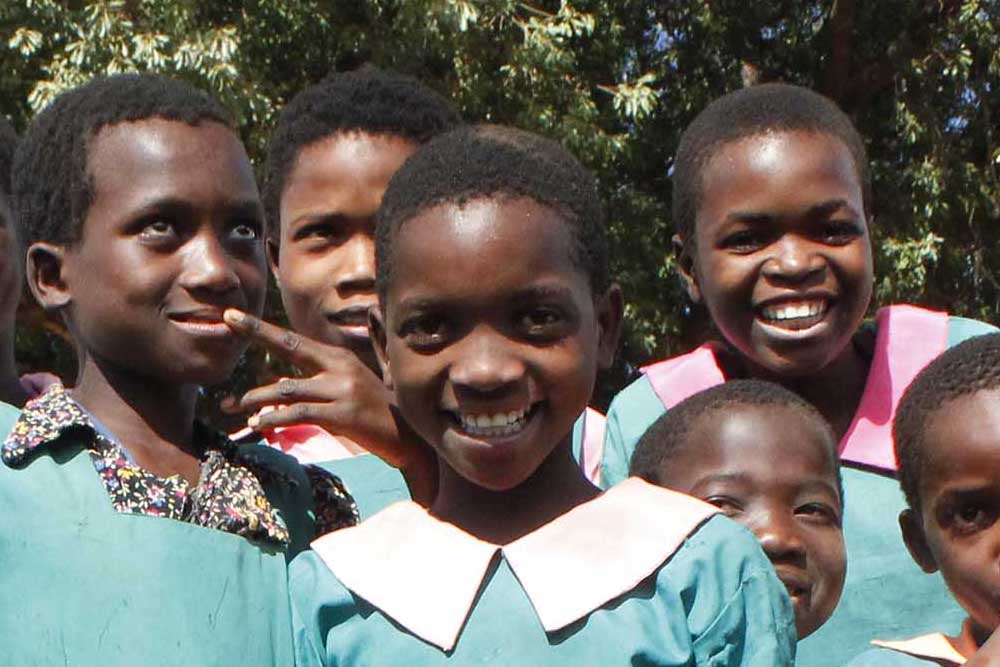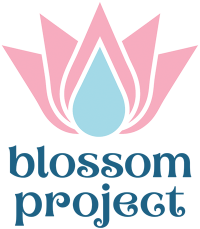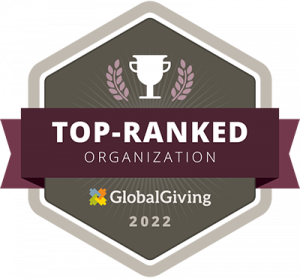Girls in Malawi Need Our Help
In Malawi, nearly 60% of girls drop out of school for a variety of reasons related to poverty, cultural pressures, and poor sanitary facilities.
For girls of menstruation age, each year an average of 20% of school days are missed, and up to 7 days are lost each month.
Lack of Dignified Sanitation Facilities Leads to Absenteeism
Currently, the school bathrooms – “chimbudzis” – are small out-houses that have nothing in them but a hole in the floor. Girls do not want to use the chimbudzi during their period because there is no privacy, no water, and no way to clean up properly.
The photo below is a chimbudzi at M’bawa School. This little thatched roof “latrine” is used by 209 female students. 209!
WWFA Has the Answers
Access to clean water is an important first step to girls finally attending school; however, absenteeism will still be high until we address the lack of menstrual resources and private bathroom facilities.
These problems for females of all ages in Malawi (and Africa at large) are so big, there’s a name for this area of need: Menstrual Hygiene Management (MHM).
WWFA has already begun a new MHM project that will give girls a safe and clean environment that provides privacy and resources. The girls will be empowered to attend school year-round with dignity, peace of mind, and the opportunity to enjoy their education.
Cultural Beliefs & Practices Add Complications for Girls
Unfortunately in addition to the MHM challenges, many girls are faced with:
- early and forced marriage
- early pregnancy
- parents’ negative attitudes towards the education of girls
- parental expectations that household chores be given first priority
The hardest thing to share with you is that some parents force their daughters into prostitution to provide money for their family.
The embarrassment and discomfort of all this is often too much for many girls to bear!
Get Girls Back in School with WWFA Blossom Facilities
We’ve designed a special building that will make MHM possible for both female students and teachers: The Blossom Changing Room facilities accommodate menstruating females’ specific needs:
- toilet privacy
- space
- washing facilities
- correct disposal or cleaning of menstrual pads
WWFA leaders became acutely aware of the lack of clean and accessible water on 600 school properties during the first year of the covid-19 pandemic in 2020.
As our team spent more time at the schools, we further learned of the pressing problems for females. We realized that if we could create an environment where hygienic needs are met, this would lead to improved dignity and school attendance, thus improving girls’ education and consequently positively impacting the development of the country.
The First Blossom Changing Room
In February of 2022, due to the generosity of the Brian and Joelle Kelly Foundation, WWFA installed a water well on the property of Nanyanje Primary School.
As we got to know the headmaster and others there, we came to be moved by the dilemma of the girls and we knew this would be the perfect place for the first-ever Blossom Changing Room.
Again, thanks to the Brian and Joelle Kelly Foundation, the facility was built – and she’s a beauty! The photograph we’re sharing in this page’s banner – of the new, gleaming white building – is from November 2023.
Wouldn’t you like to help girls in Africa blossom? Please donate to the Blossom Project – you’ll give them dignity and a future. Thank you!
